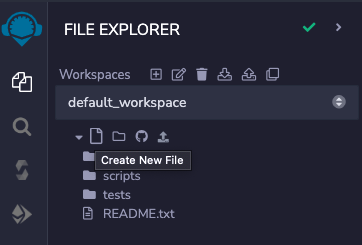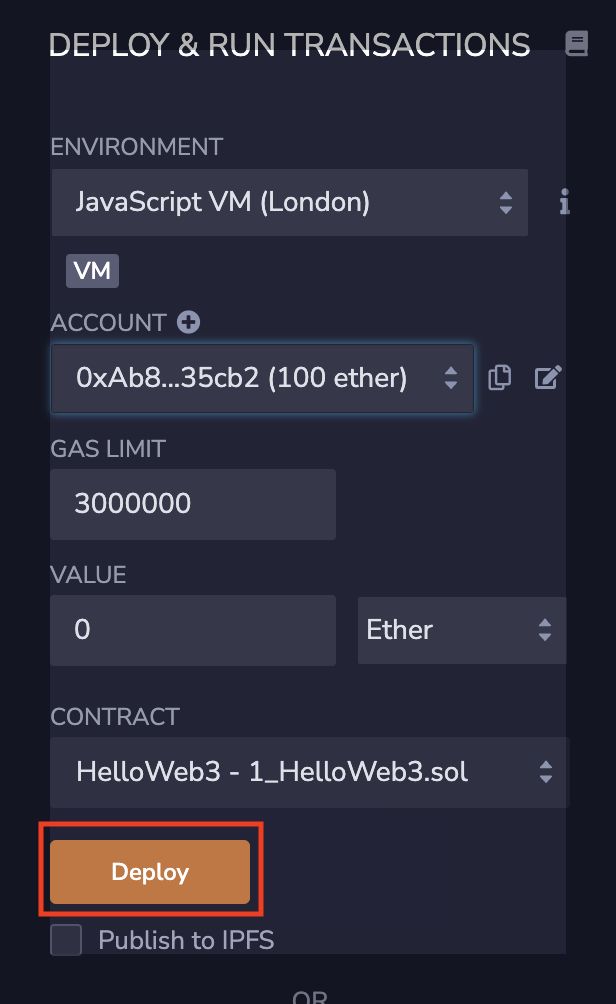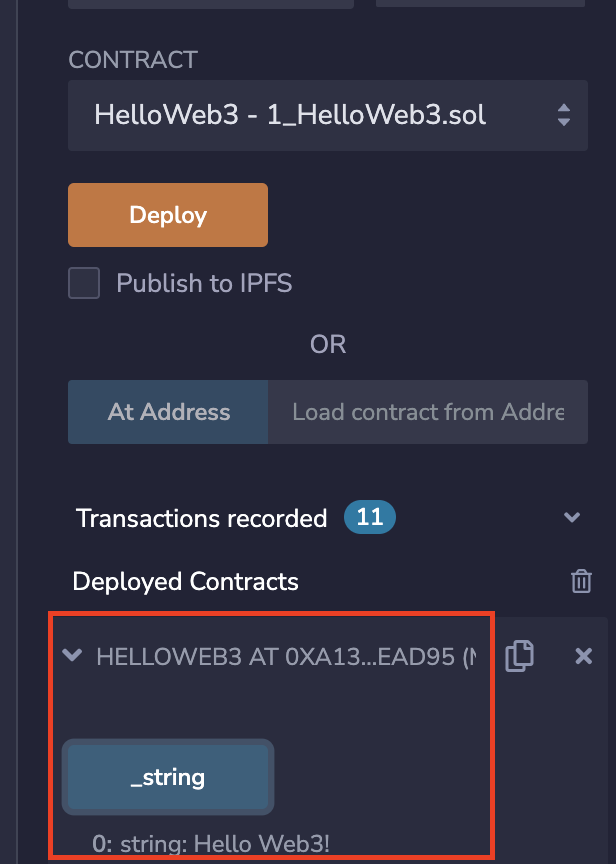WTF Solidity Tutorial: 1. HelloWeb3
Recently, I have been revisiting Solidity, consolidating the finer details, and writing "WTF Solidity" tutorials for newbies.
Twitter: @0xAA_Science | @WTFAcademy_
Community: Discord|Wechat|Website wtf.academy
Codes and tutorials are open source on GitHub: github.com/AmazingAng/WTFSolidity
WTF is Solidity?
Solidity is a programming language used for creating smart contracts on the Ethereum Virtual Machine (EVM). It's a necessary skill for working on blockchain projects. Moreover, as many of them are open-source, understanding the code can help in avoiding money-losing projects.
Solidity has two characteristics:
- Object-oriented: After learning it, you can use it to make money by finding the right projects.
- Advanced: If you can write smart contract in Solidity, you are the first class citizen of Ethereum.
Development tool: Remix
In this tutorial, we will be using Remix to run solidity contracts. Remix is an smart contract development IDE (Integrated Development Environment) recommended by Ethereum official. It is suitable for beginners, allows for quick deployment and testing of smart contracts in the browser, without needing to install any programs on your local machine.
Website: remix.ethereum.org
Upon entering Remix, you can see that the menu on the left-hand side has three buttons, corresponding to the file (where you write the code), compile (where you run the code), and deploy (where you deploy to the chain). By clicking the "Create New File" button, you can create a blank solidity contract.
Within Remix, we can see that there are four buttons on the leftmost vertical menu, corresponding to FILE EXPLORER (where to write code), SEARCH IN FILES (find and replace files), SOLIDITY COMPILER (to run code), and DEPLOY & RUN TRANSACTIONS (on-chain deployment). We can create a blank Solidity contract by clicking the Create New File button.

The first Solidity program
This one is easy, the program only contains 1 line of comment and 3 lines of code:
// SPDX-License-Identifier: MIT
pragma solidity ^0.8.4;
contract HelloWeb3{
string public _string = "Hello Web3!";}
Now, we will breakdown and analyze the source code in detail, understanding the basic structure:
- The first line is a comment, which denotes the software license (license identifier) used by the program. We are using the MIT license. If you do not indicate the license used, the program can compile successfully but will report an warning during compilation. Solidity's comments are denoted with "//", followed by the content of the comment (which will not be run by the program).
// SPDX-License-Identifier: MIT
- The second line declares the Solidity version used by the source file, because the syntax of different versions is different. This line of code means that the source file will not allow compilation by compilers version lower than v0.8.4 and not higher than v0.9.0 (the second condition is provided by
^).
pragma solidity ^0.8.4;
- Lines 3 and 4 are the main body of the smart contract. Line 3 creates a contract with the name
HelloWeb3. Line 4 is the content of the contract. Here, we created a string variable called_stringand assign "Hello Web3!" as value to it.
contract HelloWeb3{
string public _string = "Hello Web3!";}
We will introduce the different variables in Solidity later.
Code compilation and deployment
In the code editor, pressing CTRL+S to compile the code.
After compilation, click the Deploy button on the left menu to enter the deployment page.

By default, Remix uses the JavaScript virtual machine to simulate the Ethereum chain and run smart contracts, similar to running a testnet on the browser. Remix will allocate several test accounts to you, each with 100 ETH (test tokens). You can click Deploy (yellow button) to deploy the contract.

After a successful deployment, you will see a contract named HelloWeb3 below. By clicking on the variable _string, it will print its value: "Hello Web3!".
Coding Exercise
SoLive The first open-source lightweight Solidity IDE that can be easily integrated into websites, documents, and tutorials. Powered by WTF Academy, Inspired by Remix-IDE and react-live.
Try to complete the following contract and make it compile!
// SPDX-License-Identifier: MIT
pragma solidity ^0.8.4;
contract Quiz1{
// add something here
string public _string =
}
Summary
In this tutorial, we briefly introduced Solidity, Remix IDE, and completed our first Solidity program - HelloWeb3. Going forward, we will continue our Solidity journey.